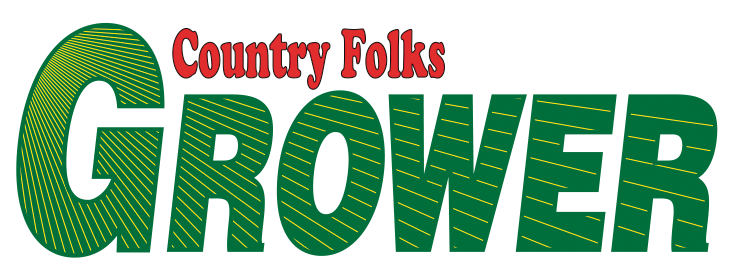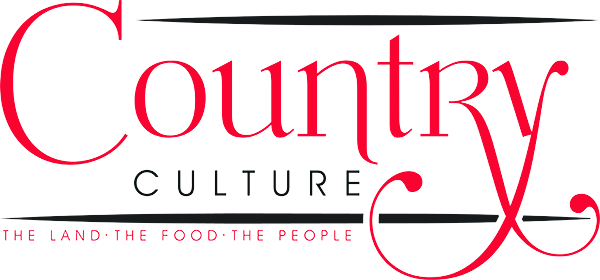Like a lot of families, we have particular sayings and phrases that pepper our everyday speech. Some are exclusive to our family; others are shared by our community or region. Growing up, we used them freely, not realizing those outside our family unit might not understand them.
Even today, we use some of these references and people look at us funny. My older sister was searching for an item in the grocery store for some time before she saw it on the shelf right in front of her. She said rather loudly, “Snake! Snake!” The gentleman standing closest to her eased away while giving her a questioning stare. Realizing what she had done, she started laughing.
In our family, when anyone finally saw or found something they’d been looking for and it was in plain sight, we’d say, “If it had been a snake, it would have bit you!” Over the years, this got shortened to “Snake! Snake!” I wonder what that poor man thought.
Much of our vernacular has its roots so far back that no one, not even Mama or Daddy, could remember the exact origin. That was the case for Mama’s favorite description of herself when she looked unkempt – she “looked like old Mard Crump.” When Dad would eat a little too much he’d declare, “I feel as big as Issum Sealy.” They didn’t know who those poor souls were, but they heard their parents use those phrases, so they became part of our lexicon.
When anyone asked Dad how he was doing, he always said what he heard his dad say – “Fair to middlin’” – which is an old cotton grading term meaning “not the best, but not the poorest quality either.”
There are other words and phrases that we share with others in our community like:
Sodee water – any type of soft drink
On the fritz – something that is broken or out of order
“Well, bless Pat!” – astonishment at a bit of news (I have no idea who Pat is)
“I’ll be John Brown!” – same as above (don’t know him either)
Two pigs in a poke – the unattractive state of too-tight britches on an ample behind
Flubbed up – made a mess of a situation or project
Plumb stove up – when you can barely move due to soreness from overexertion (or arthritis)
Hotter than the hinges – we weren’t allowed to swear, so this was as close as we could get away with when complaining about the weather
Eating with a coming appetite – when you invited someone to supper and they say they’re “not hungry” but sat at the table anyway and proceeded to pack away a goodly portion
Lollygagging – trailing behind, usually said of kids by adults who are in a hurry
Cross as two sticks – in a bad mood
A wagonload of washing – piles of laundry to wash
Whole passel of kids – something said of a large family
Split the blanket – a quarrel leading to the ending of a romantic relationship
Do you need a little hickory tea? – said to a misbehaving child about to get disciplined
Dad picked up a saying while in Japan after WWII that we still use today. He noticed the rice farmers would run through their fields, waving their hands in the air and shouting. Dad asked a local who spoke English what they were doing. The local explained the farmers were trying to make the evil spirits believe their harvest was no good, so they would leave it alone. They were shouting “Bad rice! Bad rice!”
When we were kids and something good was being anticipated or fun plans were being made, Dad would proclaim “Bad rice! Bad rice!” hoping nothing would happen to prevent our plans or mess up a good time. Of course, it was all done in jest, but we loved the story and at every opportunity, we would run through the house proclaiming “Bad rice! Bad rice!” The fact that it annoyed Mama made it twice as fun.
Mama and Aunt Gladys would get together and talk family happenings and when they would express disbelief at some circumstance or behavior they would declare “They hep my time!” I have no idea what that means. Granny and her older sister Passie used to exchange recipes, but it could get confusing to anyone listening in because Granny called recipes “receipts” and Aunt Passie called molasses “mosleys.”
Words are a funny thing, like languages, dialects and colloquialisms – there are as many methods of communication as there are folks. We live in a world that has shrunk in distance and time making it easier to interact with those “far away.” Enjoy listening to those unique phrases and words in your family and community and share them with others.
Being different and appreciating those differences brings a spice to life that is needed in today’s drive to make everyone the same.




